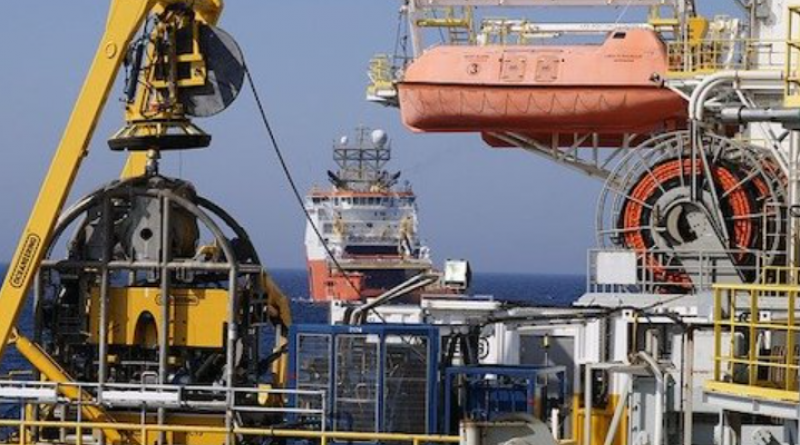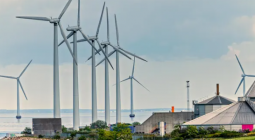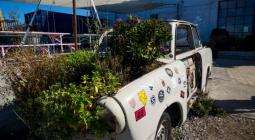Denmark,Costa Rica Build International Alliance to Speed Fossil Phaseout

Denmark and Costa Rica are working to build a Beyond Oil and Gas Alliance (BOGA) of countries willing to stop issuing new permits for fossil exploration and set a deadline to phase out oil and gas production, the Reuters news agency reported Wednesday.
They’re planning to launch the alliance at this year’s United Nations climate change conference, COP 26, in Glasgow, Reuters says.
“Restricting domestic oil and gas production in line with what is required to live up to the Paris Agreement goals will be the core focus for BOGA,” states a draft set of rules for the alliance seen by Reuters reporters.
The draft document “said a core task for the BOGA would be to establish a deadline for developing and developed countries to phase out existing oil and gas production that would align them with the Paris goals,” the news agency says. “To become a full member of the alliance, countries must promise to end new licencing rounds for oil and gas production on their territories, as well as to phase out existing production.”
“Very few countries have taken such steps and we hope that this alliance will be something that will be noticed and hopefully inspire others to join,” said Danish Environment Minister Dan Jørgensen.
“Costa Rica represents the commitment and decision of a developing country that has the possibility to explore [for fossil fuels], makes a brave decision, and decides to go for another development model and rides into the economy of the future,” Environment Minister Andrea Meza Murillo added.
Countries could be admitted as second-tier members “if they have taken some steps to limit oil and gas output, such as ending public financing of it abroad or reforming fossil fuel subsidies,” Reuters says.
Denmark is one of Europe’s biggest oil and gas producers. But the country cancelled new North Sea oil and gas exploration late last year, with Jørgensen declaring that “we are now putting a final end to the fossil era”.
Costa Rica “has never extracted oil, but is considering a bill to permanently ban fossil fuel exploration to ensure no future governments do so,” the news agency adds.
“To have small countries actually take the lead is very important, because those of us that are actually doing the right thing, we definitely punch above our weight,” former UN climate secretary Christiana Figueres told Reuters earlier this month. “Just because Costa Rica is tiny, it doesn’t mean that we don’t have a voice.”
Meza said alliance organizers had approached Spain and Portugal to join. Officials in New Zealand, which banned new offshore oil permits in April, 2018, told Reuters they are “in the process of learning more about this initiative”. The UK would not commit, but an official said the country is engaging with Denmark on the BOGA proposal. Norway said it hadn’t been approached.
“As a coalition of the willing, BOGA is unlikely to touch major oil and gas producers, such as Saudi Arabia or Russia, whose economies depend on fossil fuels, and which have shown no interest in curbing production,” Reuters writes. “But part of BOGA’s aim is to redefine what counts as climate leadership from governments. Large countries’ climate change targets tend to focus on reducing emissions from burning fossil fuels, but rarely limit the production of the fuels themselves.”
That creates “a paradoxical situation right now where many countries have pledged to become carbon neutral but are actually still planning to produce oil and gas after that date,” Jørgensen said.
26 August 2021
The Energy Mix




